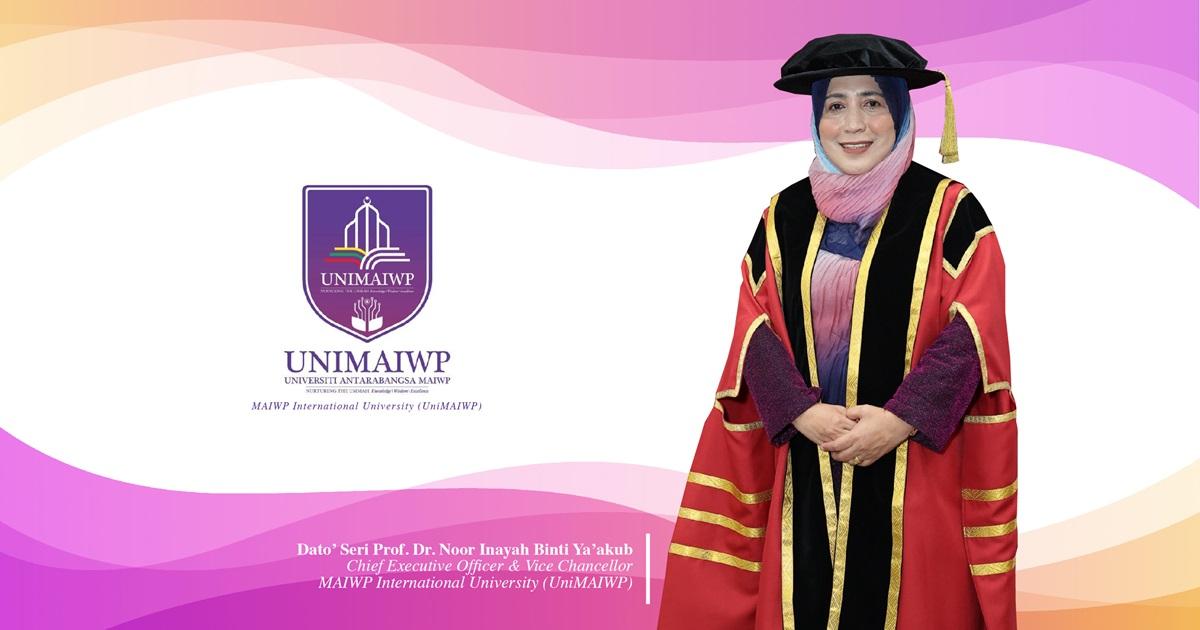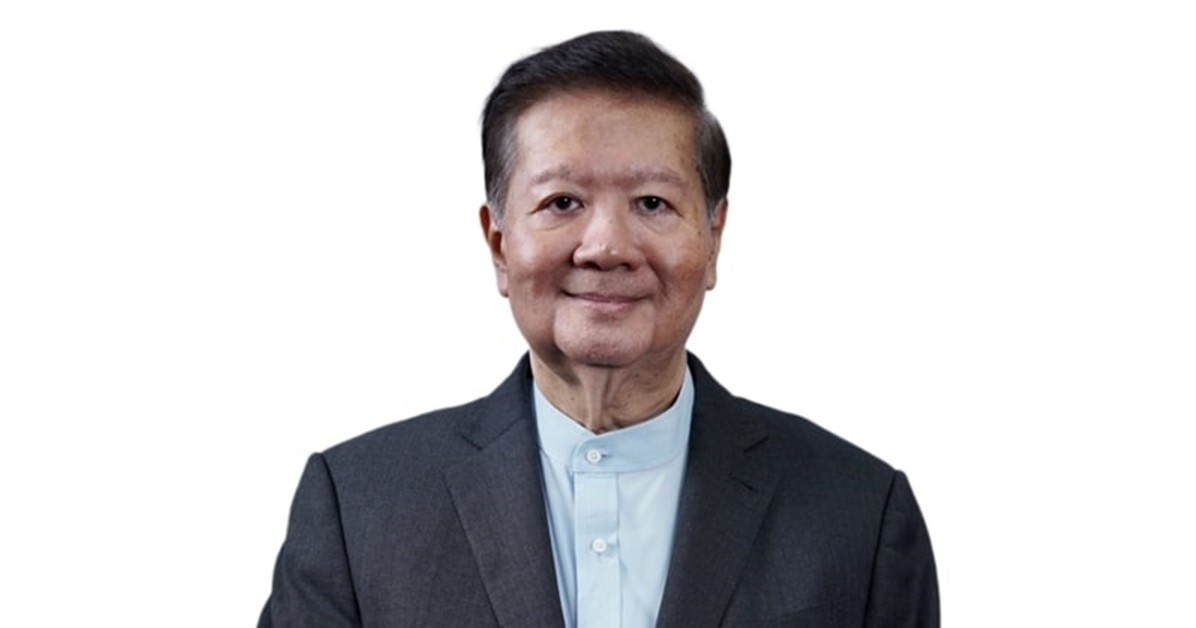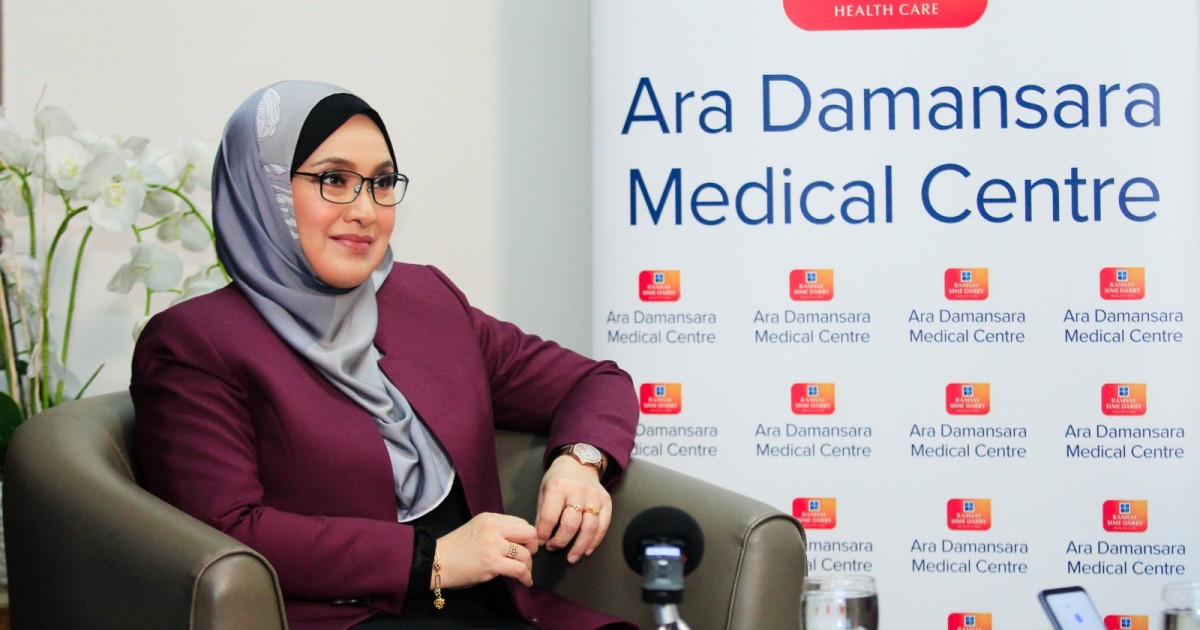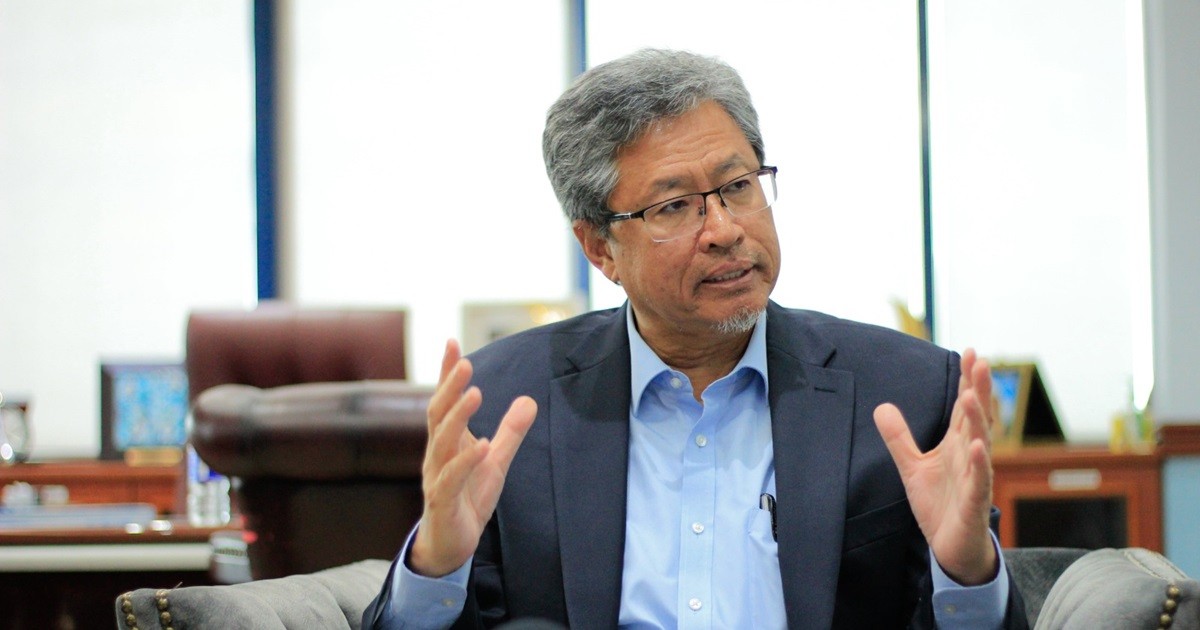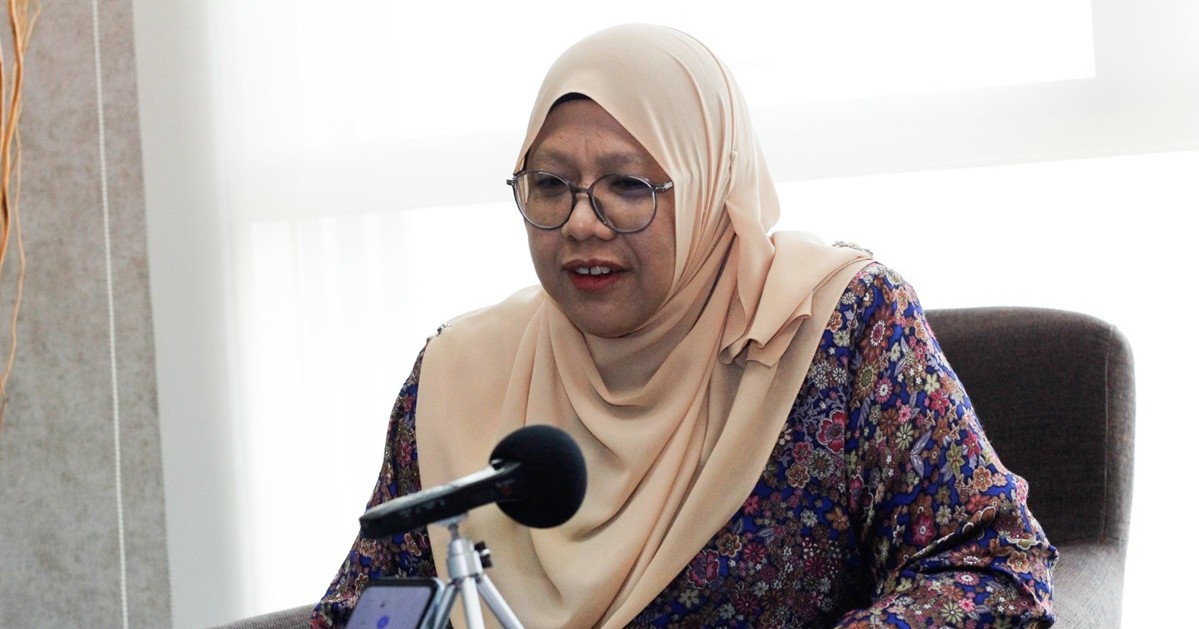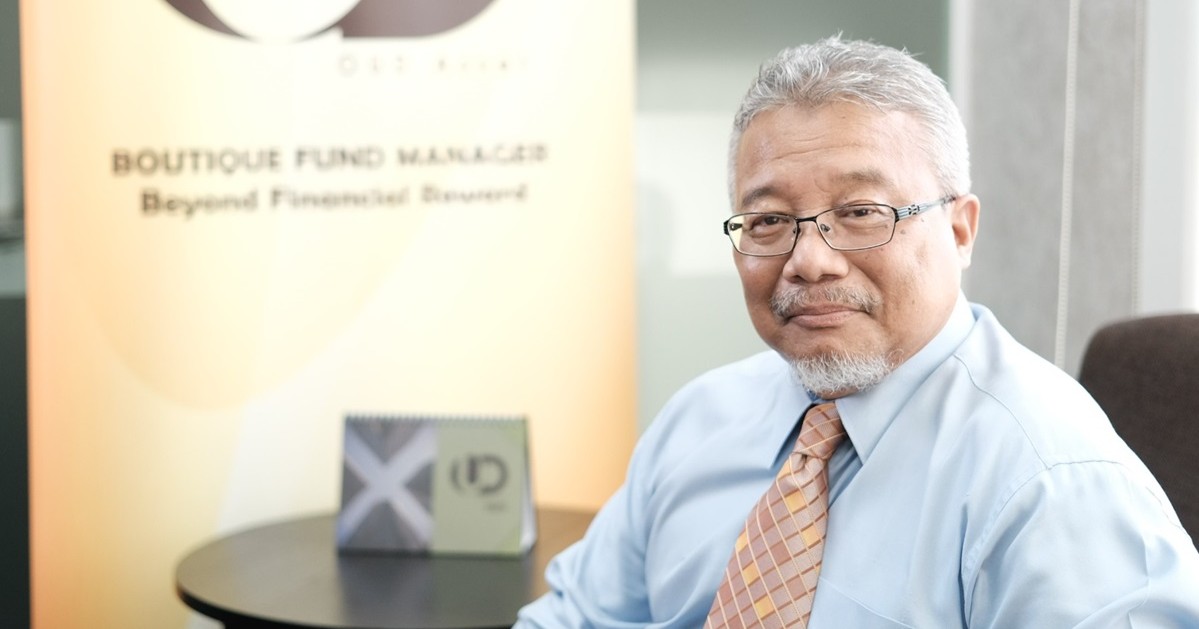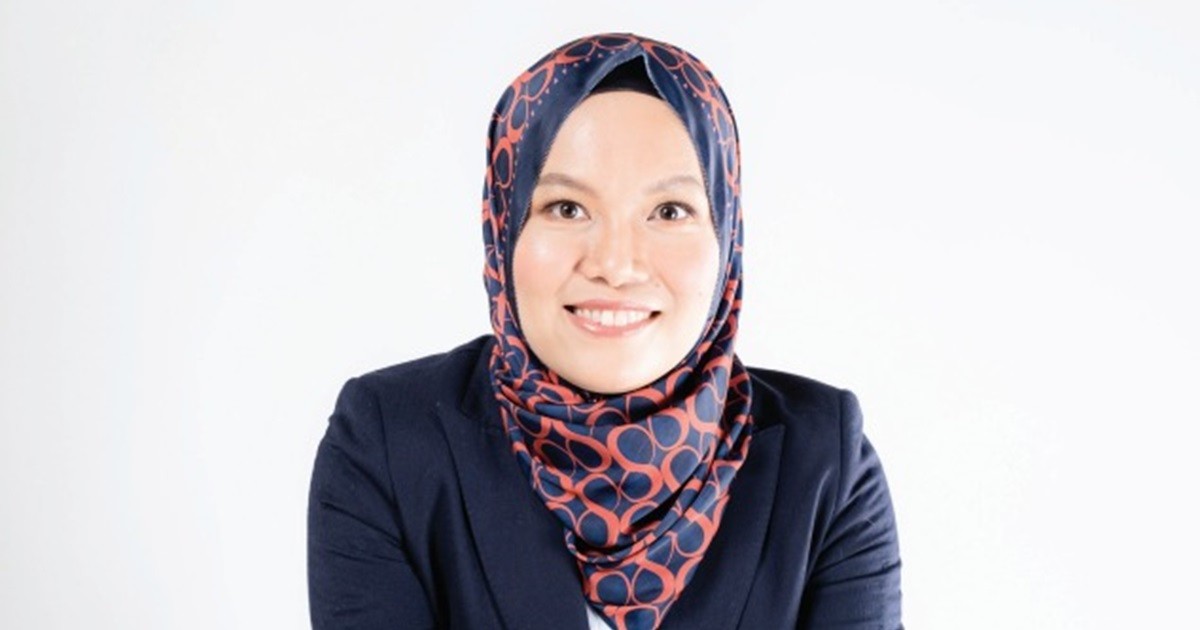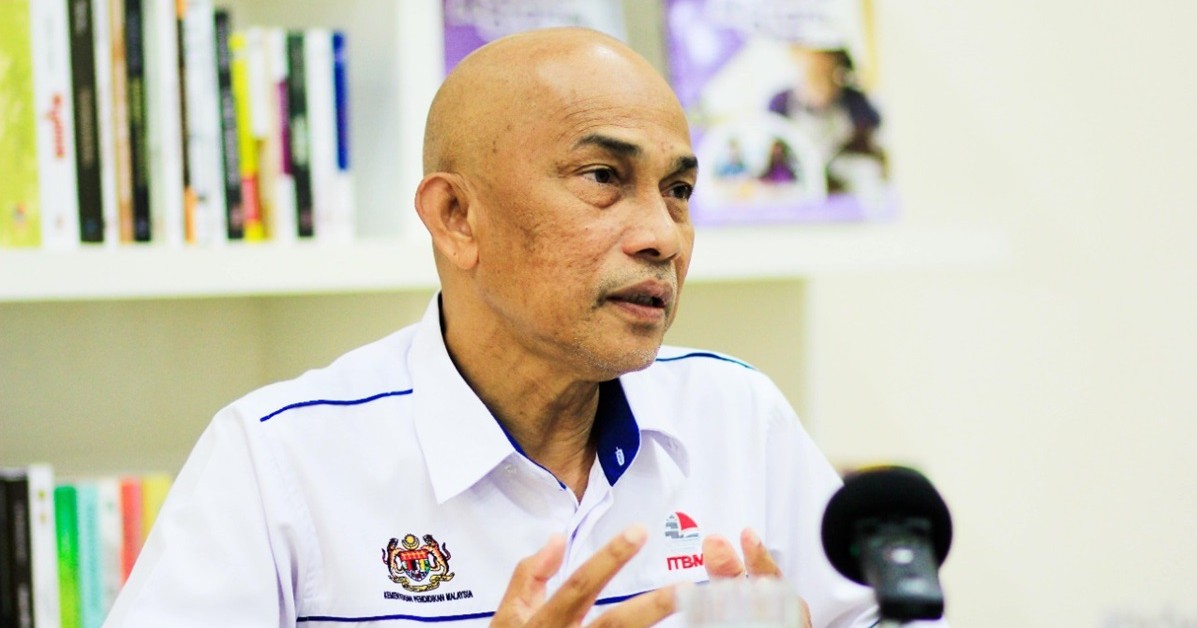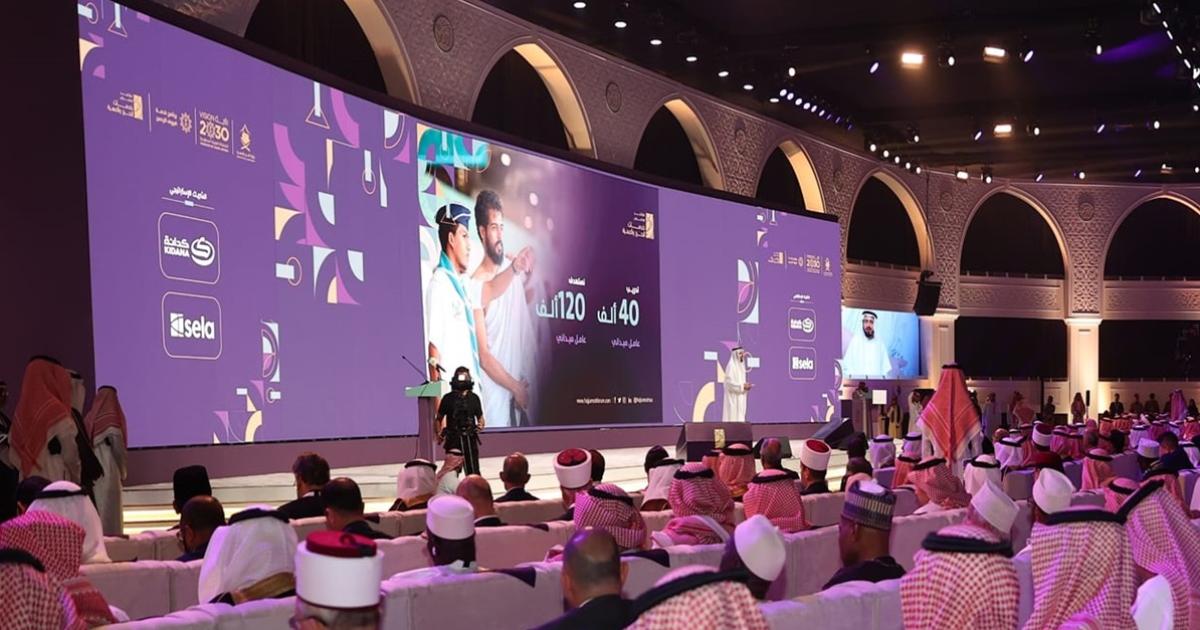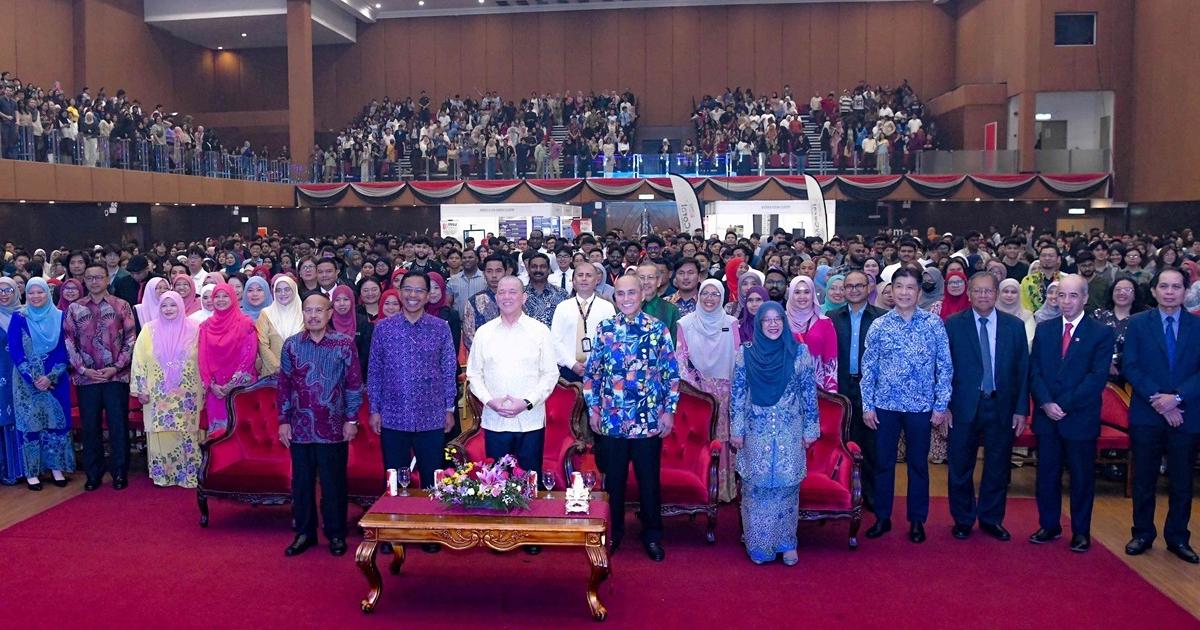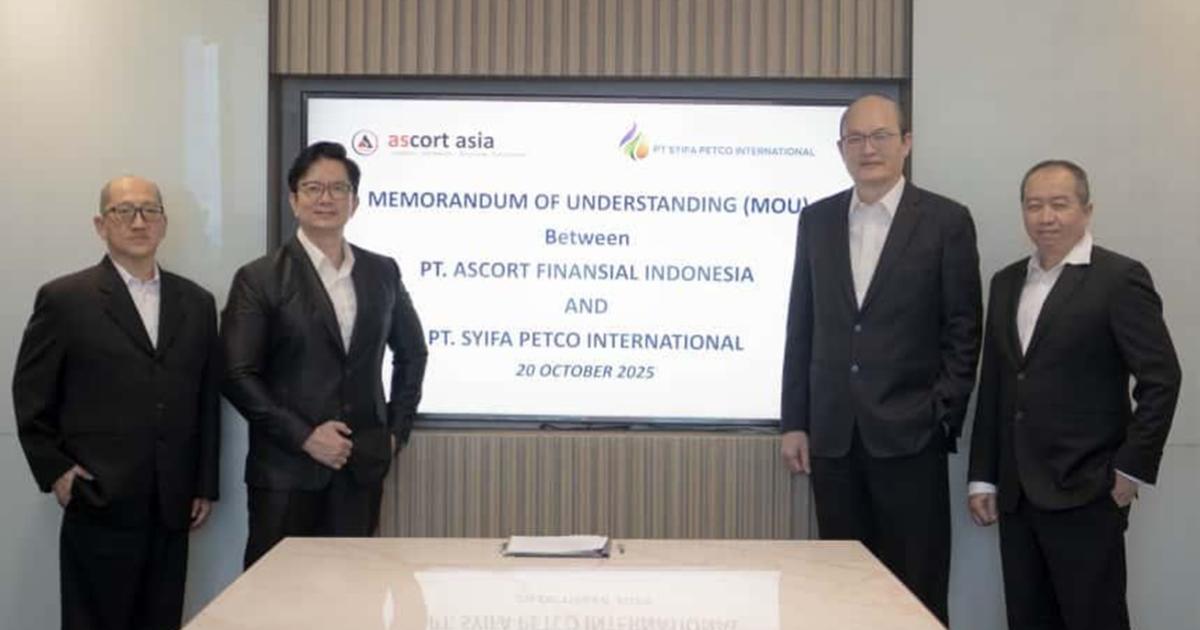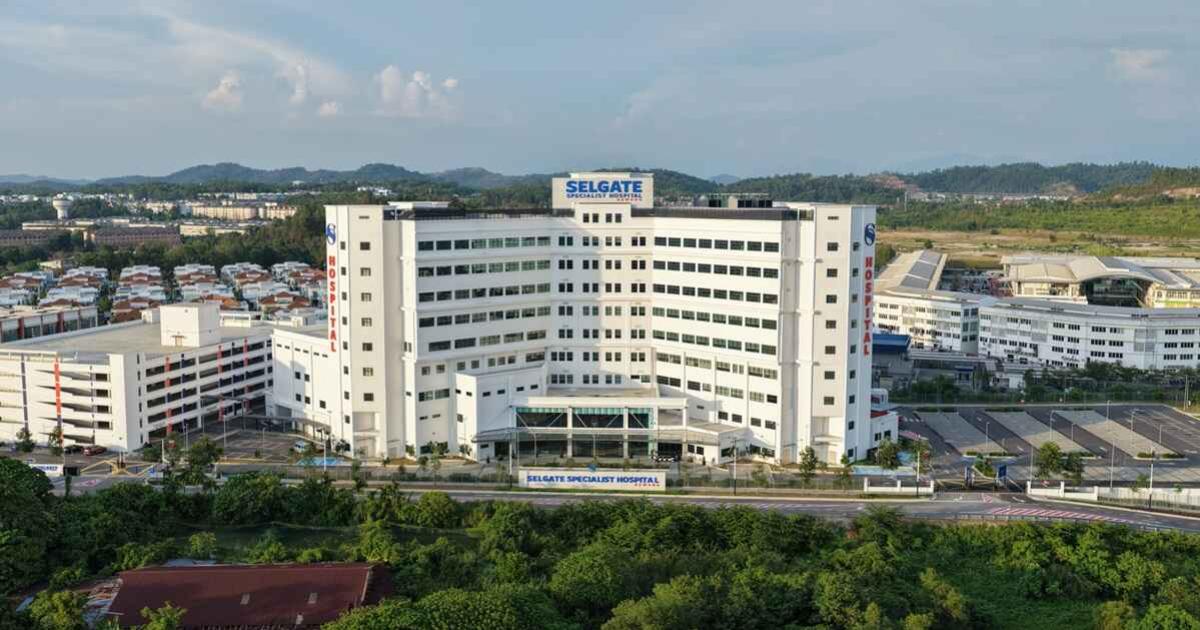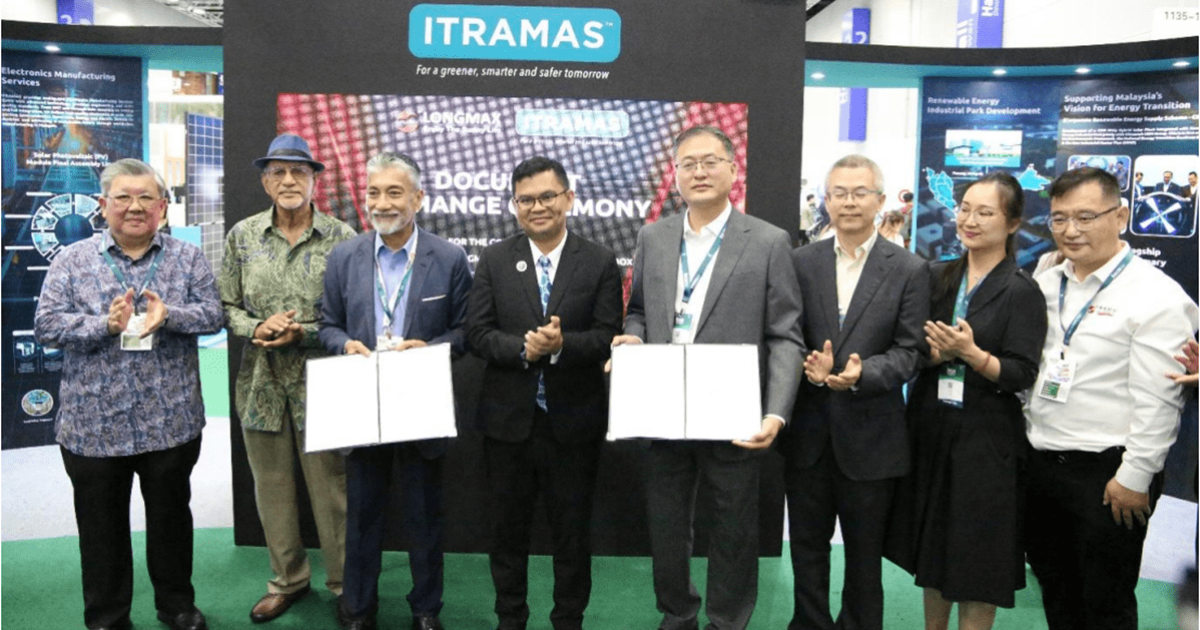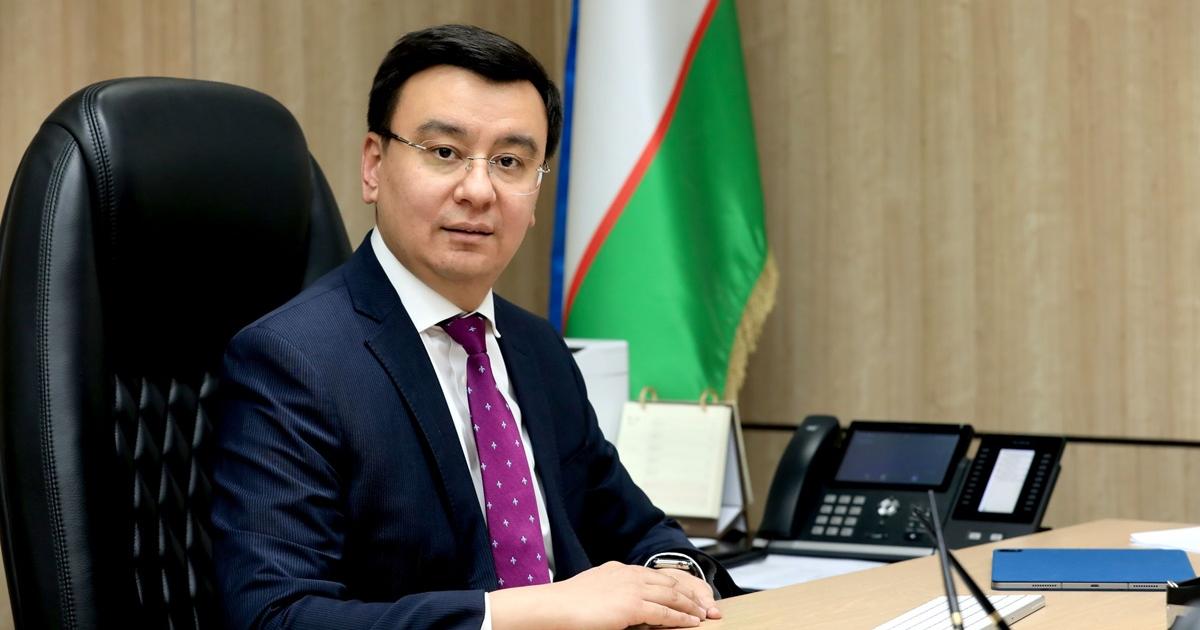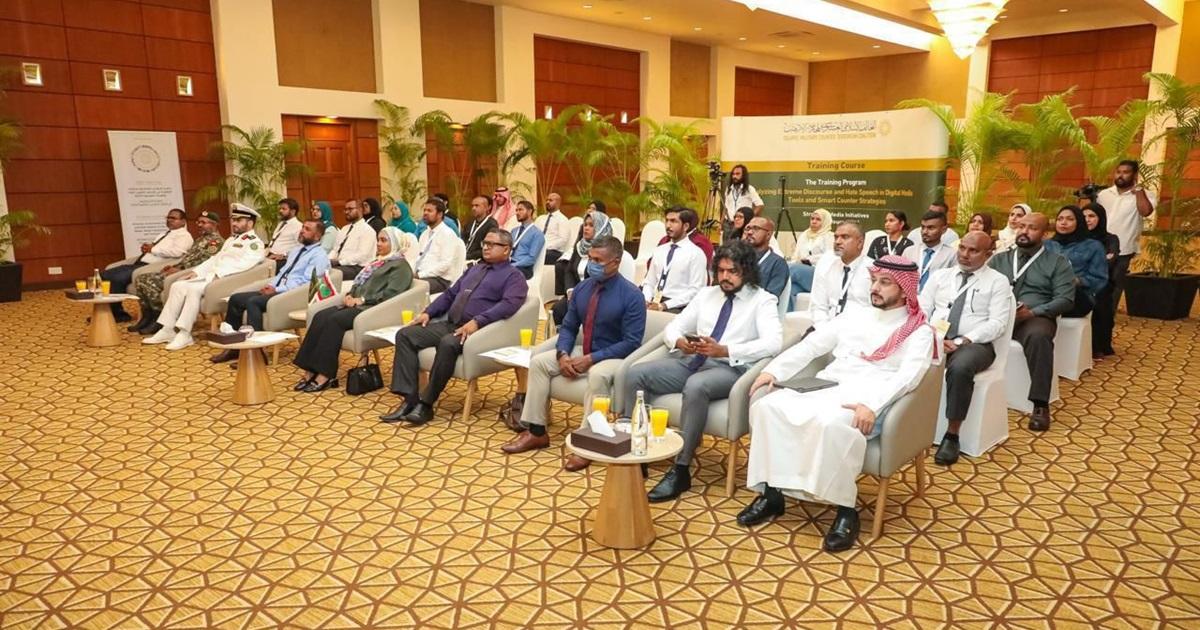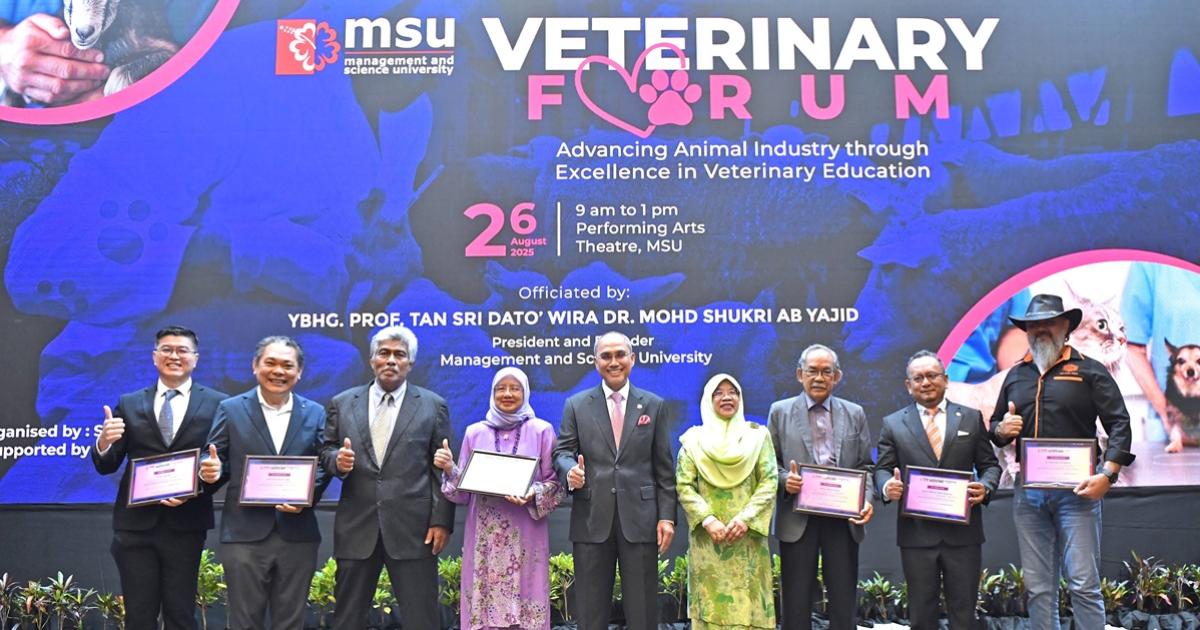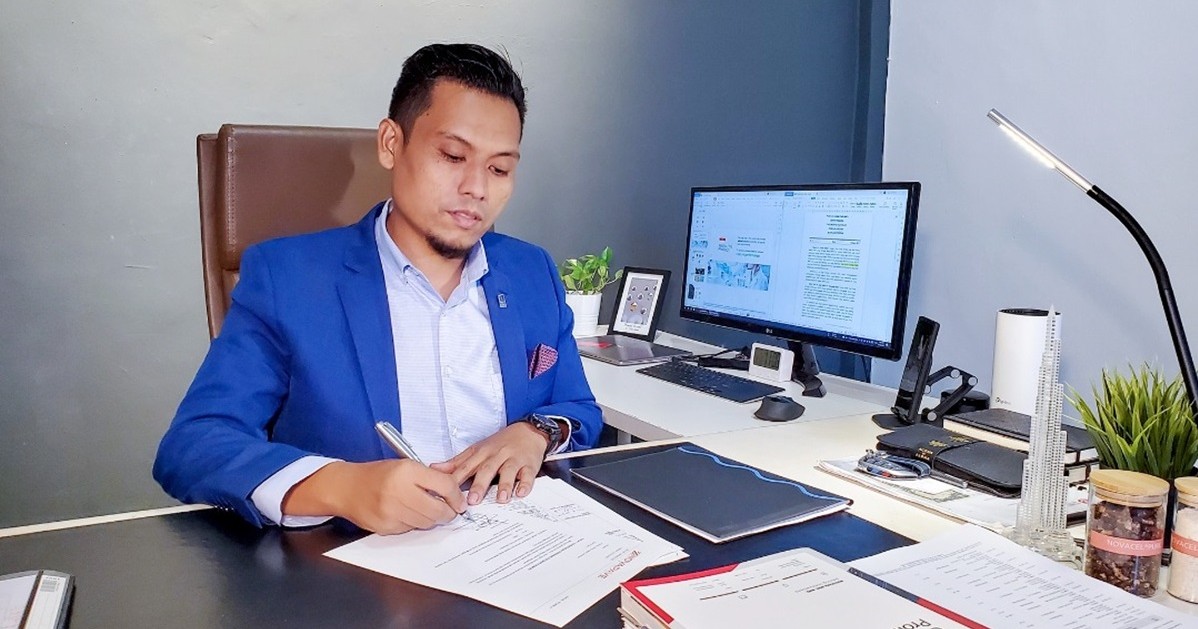
He decided to go against the well-paved path and chose not to follow a secure job and stable income; instead, he chose the entrepreneurship path. He wanted to explore unchartered territories and take risks. He had the passion to learn a new skill and the only way to find out was by experimenting. With technology coming into play, he had the idea to become a technopreneur, come up with an idea that could disrupt the industry ,and just maybe become the next Elon Musk. He knew that innovation is the key to achieving success. He needed to take his idea to become commercially viable and over the years he hit gold with the invention where he found simple solutions to problems utilising the tools that already exist. OIC TODAY has the pleasure to talk with Mr Fareez Fahmi, CEO of Novapave Sdn Bhd who shared with us the new technology of FMA.
1) You are an outstanding technopreneur. You earned a Bachelor of Science from the University of Terengganu and went on to master’s studies at UPM. How did you venture into setting up Novapave Sdn Bhd.?
Mr Fareez Fahmi: Right from the time I was in school, I was always interested in doing business, and I was involved in small businesses to earn money. I used to sell laptops and service laptops, and all this got me thinking as to why not I venture more serious into the business world. I found it interesting and lucrative. I finished my Bachelor of Science and my parents wanted me to get a stable job, but my dream was different. I did not want to disappoint them by saying that I wanted to venture into the world of business, so I told them that I wanted to further my studies in a master’s programme. There was an entrepreneurship programme conducted by the MTDC. A great deal of research and development is done on products, but they often do not take off in a commercially viable way. So, I joined a programme which was open for 100 participants and was lucky enough to get into the programme and be selected to be one of the 10 companies to be fully funded. All the tech companies in the program were given special funding. I was happy that the product I chose had the best potential to go further, and so I went with that.
So, what did I choose? I realised that road infrastructure is the most important of all public assets, and that roads are the arteries through which the economy pulses. Roads improve accessibility and stimulate economic and social development. However, the main issue affecting roads is damages caused by wear and tear, such as pavement cracks and potholes – causing them to be unsafe and creating circumstances in which traffic accidents are more likely to happen. Present resurfacing technology is unable to accommodate the growing number of passenger and commercial vehicles as well as high- traffic density. The product that I wanted to develop was on the manufacturing, design, and promotion of new asphalt technology. Fibre Mastic Asphalt is a new asphalt pavement design, which utilises a cellulose fibre additives, namely Novacel, as a performance enhancer. The benefits of the additives in the asphalt mix are that it increases the structural performance, extends lifespan, and increases surface grip, which improves road safety. The asphalt structure would get more performance without any additional cost during the construction which means zero increase in the entry cost. I wanted to take this to a higher level, in a way to take this innovation and make it happen.
It took me about three years to learn the trade from the research team and now I`m proud to say I can train even PHD students. That is how my company Novapave Sdn Bhd was born – a company which manufactures and designs tailored asphalt pavement using Fibre Mastic Asphalt (FMA) technology.
2)Your expertise is pavement technologies where you had demonstrated competencies in the commercialization of road construction technology. Novapave is the leading asphalt material provider & road fibre manufacturer. Can you explain when and how you came to developing this asphalt material and making it world renowned? What made it happen?
Mr Fareez Fahmi: Novapave started in 2011 as a tech startup company focusing on manufacturing, design and promotion of new asphalt technology. It took us a while to formally set up our first workshop and make this happen. This is a 100% local Malaysian invention. Today, Novapave has several partners worldwide, including South Korea, United Arab Emirates (UAE), India, Turkey, and Kazakhstan. Fibre Mastic Asphalt is a new asphalt pavement design, which utilises cellulose fibre additive Novacel as a performance enhancer. Our innovation garnered many prestigious and international awards as this technology increased the structural performance, extended the lifespan of the roads, and increased the surface grip thus improving road safety. How does this happen? The fibres are processed from top quality biomass materials such as oil palm fronds, which are added to the mixture of asphalt (tar) to improve the strength and durability of the pavements. That is the key to our unique product and led to international acclaim.
3) Novapave is the manufacturer of asphalt additives especially the cellulose fibre mainly used is stone mastic asphalt. Can you tell us the difference between the roads built using the FMA technology from those constructed the conventional way?
Mr Fareez Fahmi: Roads built in the conventional way have been there for more than a hundred years. In the 1960s there was this new fibre technology in Europe, which then was good but an expensive infeasible option. There was no budget for the changes it would bring about. So, at the UPM Research Centre, we decided to find out a solution to make this happen and to make it more affordable. We were successful in developing a fibre asphalt technology, and not only was it durable but cheaper too.
The differences between the roads built using this technology from those constructed the conventional way is in terms of the additional materials used, size of coarse aggregate and thickness of the road surface. A higher percentage of the coarse aggregate of larger size (gross) used in road building compared to conventional asphalt, will make roads last longer. Our innovation can reduce friction sound, and thinner pavement and low level of derailment makes the roads safer for all vehicles. It also increases the bond and seal between coarse aggregate and the bitumen.
We have a plan in the future to convert all roads to use this technology, and worldwide we are one of the few countries to use this fibre additive. The other countries are Germany, China, the US, India, and Australia. Initially, we had enquiries coming through our website, and so our expansion overseas was very scattered. One of the first was an enquiry from South Korea, and that is why we started very strongly in the international sphere than the local market.
4) In 2017, the Ministry of Science, Technology & Innovation introduced the Fibre Mastic Asphalt (FMA) technology which can reduce road upgrade costs by 15 to 20 per cent. This technology was also capable of enhancing road durability by seven to 10 years, as compared to standard asphalt pavement. Basically, it is a good savings measure for the country. Has the Malaysian Government made any progress in adopting this technology for the future road construction/ resurfacing and so on.
Mr Fareez Fahmi: Yes, that is in the pipeline soon, and will be done in stages. We all know that one of the main issues affecting the roads in the country is the damage caused to roads, such as pavement cracks and potholes that cause roads to be unsafe and prone to accidents. These occur due to present resurfacing technology being unable to accommodate to the growing number of passenger and commercial vehicles as well as high traffic density. This calls for road maintenance to be carried out regularly. The first FMA technology of its kind was developed by Universiti Putra Malaysia (UPM) and commercialized by Novapave Sdn Bhd. This technology can overcome the problem of road damage because it has the capacity to accommodate heavy load vehicles and increase road durability. This can solve these problems while reducing maintenance costs. The MOSTI Social Innovation Program (MSI) platform will introduce the Fibre Mastic Asphalt (FMA) technology that is high load resistant and has a much longer lifespan. In 2017 MOSTI, through its agency Malaysian Technology Development Corporation (MTDC) in collaboration with Universiti Putra Malaysia (UPM), Novapave Sdn Bhd, carried out a project to upgrade a road using FMA technology. So, thereis a plan in the future to adopt this. It is a known fact that the advantages outweigh the disadvantages, as studies have shown that through the application of this technology, the useful life of this road will increase by seven to ten years as compared to ordinary pavement. Furthermore, the authorities will benefit in terms of reduced maintenance costs. So, this is a fact we cannot ignore as we move forward.
5) The technological research started in 1996 and was completed in 2001. It was first commercialized in 2012 through a licensing right granted to your company. What is your strategy for 2022 and beyond?
Mr Fareez Fahmi: We are in pandemic mode and at this point of time we are at the restructuring point and are currently focusing on the Malaysian market. I have done some travelling and have been going to East Malaysia. We are also going to put more focus and target on the Gulf countries as there are huge potentials there based on our previous trade mission, exhibition and special events in such countries. Our product will do well in the Gulf countries and we have room to grow there especially in Dubai. We have a local partner and from the meetings and discussions we see the interest there as incredibly positive. We had done product launching in UAE just before the pandemic strikes. The event was attended by the Malaysian Works Minister and road authorities from both countries. You must realize that the road construction industry is very conventional, having been around for years. With the FM Aproduct, our roads can last three times longer than conventional roads.
6) You started the company is 2011 as a tech start-up focusing on manufacturing, design, and promotion of new asphalt technology Today, Novapave has several partners worldwide, including in South Korea, United Arab Emirates (UAE), India, Turkey, and Kazakhstan. How did you become a global player?
Mr Fareez Fahmi: We had a lot of requests from our website from other countries. That started the ball rolling. South Korea was the first country. We had to go through many levels of setting up our partnership with South Korea as they were very stringent and compliant with their requirements and we made the breakthrough. Getting South Korea on board opened the doors to other countries wanting to use our products. We had meetings with the authorities in UAE Qatar, Morocco, India and many more. All in all, the process of the A-Z of going global will take around one to two years. We need to have a certain amount of interest in terms of the volume before we can safely say we are in business with the country concerned. For example, we setting up a Hub in UAE so that we can function better and more efficiently deliver Gulf countries. Although I am the one who deals on the business dealings, we have a very capable technical and management team locally who put things together and we work well as a team. What I would like to specifically mention here is the unique part of our invention – the asphalt structure would get more performance while maintenance cost effectiveness, as we always try to strike a balance between cost and performance. I am proud to say that this invention has garnered numerous prestigious international innovation awards.
7) Novapave also provides complete engineering solutions,specializing in asphalt material design for Airports as it can withstand extreme loads of Boing A380 aircrafts and extreme weather conditions. Could you give us an insight of how this has been deployed in Malaysia and internationally?
Mr Fareez Fahmi: Now we are only concentrating on the bad tarmac conditions in airports, as you would have heard from recent reports. Especially during the rainy season, there are always cracks and dips on the tarmac. This is because of the difference of the soil conditions in the area. A soft soil foundation creates these bumps. We are currently working on improvements and hopefully to finish paving the problematic areas of the runway tarmac by the end of this year. Earlier on we had enquiries from Nepal to work on the airport issues they had, but from a political viewpoint the project did not go through. Basically, before we start the physical testing, we must put forwards a proposal after a detailed study of the issues at hand. Our speciality so far has been to take care of areas that were problematic, and we have been successful in putting that right.
8) Why do we still see the cracks and potholes on our Malaysian roads which has become a frequent occurrence. Is there a plan by Novapave to address these for the future?
Mr Fareez Fahmi: Yes, this product is being implemented in phase by authority. We cannot across the board pave all the existing roads with FMA technology. We need to made the industry player ready with the new innovation. So, what we do is to address the areas where there are problems first and hopefully in the long run, there will be a time when all the roads will be paved with FMA technology.
9)Were you impacted by the Covid-19 Pandemic? What measures did you take to stay the course in those trying times when the economic forecast was not encouraging?
Mr Fareez Fahmi: During the pandemic crisis of 2020, we did a lot of brainstorming, and this quiet time gave us time to focus and refocus. Luckily, the construction sector was not so severely affected, and from a local viewpoint we were not affected so much. We put together an awareness plan of what our technology was from an educational viewpoint. Staying the course during tough times and looking at how we can diversify is the aim.
- Business News 100
- Country News 16
- Feature News 30
- International News 151
- Interview News 35
- National News 18





